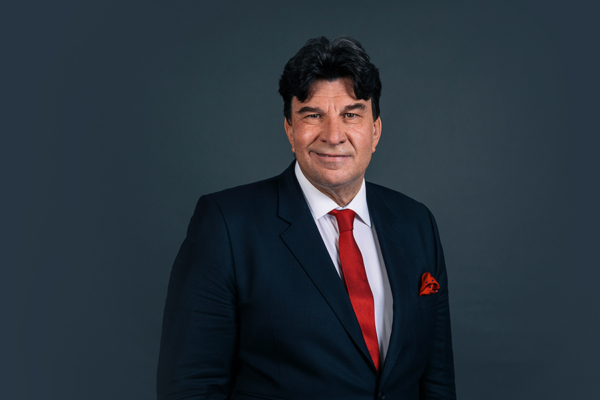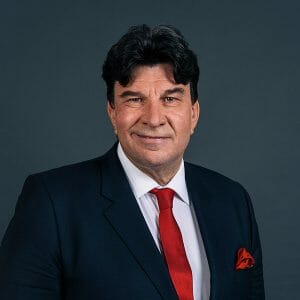Gerard Forlin KC contributes to Royal Aeronautical Society report on mental health in the aviation industry

The Royal Aeronautical Society have published a key paper aimed at contributing to the development of a response to the emerging recognition of the safety risk posed by the mental health and wellbeing of civil aviation personnel. The paper, which is the first of its kind, covers both psychosocial risk management and Mental Health. It looks at the insurance, legal, financial, ESG and HR sectors of the industry to explore the impacts that Mental Health in aviation currently has within civil aviation.
The paper highlights the key areas of the civil aviation “eco-system” that would be positively impacted by a coherent approach to recognising, managing and mitigating staff mental health and wellbeing.
Poor mental health is now an acknowledged safety risk in civil aviation and the issue of the mental wellbeing of safety-critical staff has become a major issue for the industry. One key question relating to this challenge is to what extent can the risk be monitored and quantified by means of the psychological assessment of safety-critical staff to inform safety management strategies. This is crucially important as demand for air travel continues to grow and aviation staff are stretched in their capacity.
The purpose of the paper is to contribute to the development of a response to the emerging recognition of the safety risk posed by the mental health and wellbeing of all civil aviation personnel. In addition, the paper provides recommendations and psychosocial risk management systems that can be implemented into current organisational structures to prevent the degradation of staff mental health and wellbeing.
The Royal Aeronautical Society’s press release can be seen here and quotes Gerard saying: “It is a great honour to be involved in this very important paper with Marc and the other expert contributors. I have been involved globally in aviation and mental health as a lawyer for over ten years in over 80 countries, and have seen this concern becoming increasingly more urgent. It needs to be sorted immediately. This paper hopefully provides a more holistic approach to remedy this growing crisis rather than just attempting to put a plaster on an already concerning situation. I thank the RAeS, Marc Atherton, the other contributors and everyone else I have met globally working on this topic.”
Gerard Forlin KC was one of a small number of contributors to this important document and the only lawyer to do so. Gerard is recognised globally as the “go to” expert in the area and has spoken on the topic internationally including in the US, France, Germany, India and Australia. He also often appears in the press and on TV and radio as an expert on this and other matters.
Gerard comments: “In my view, the issue of psychosocial risk management and its consequential adverse impact on employee mental health, as a risk factor in civil aviation, greatly lags behind physical risk in the health and safety landscape. Things are, however, now rapidly changing. With the growing focus of Psychosocial Risk Management and mental health in multiple jurisdictions, supported by the advent of ISO 45001 and 45003, the area is now an increasing focus for domestic and international regulators. It is particularly important for multi-jurisdictional organisations such as airlines, as well as national organisations such as airports, MRO, ATC and other safety critical stakeholders.”
Gerard is a leading figure in relation to health and safety and regulatory law and ranked in Health and Safety in the leading legal directories including Chambers & Partners and Legal 500. Described as “a phenomenal court advocate” (Chambers & Partners), he has particular expertise in issues affecting the aviation industry and is one of only two KCs on the global International Mediation & Arbitration panel for the Royal Aeronautical Society. In Legal 500 he is ranked in health and safety, aviation, and inquests & inquiries – the only barrister in the UK to have that combination. He has worked, practised and consulted in over 80 countries; one of a tiny number of London barristers to have ever achieved this. You can read more about his practice here.

